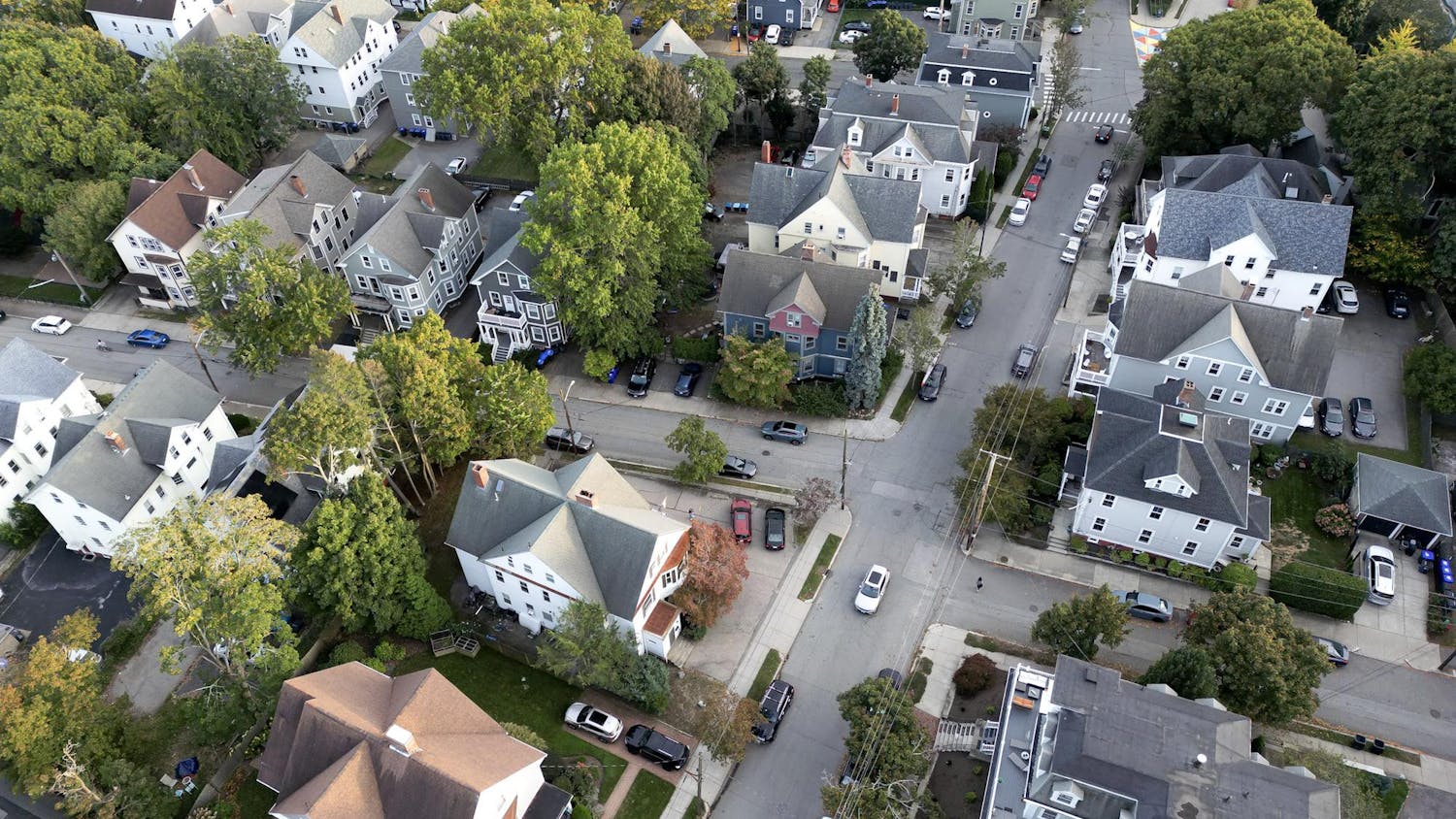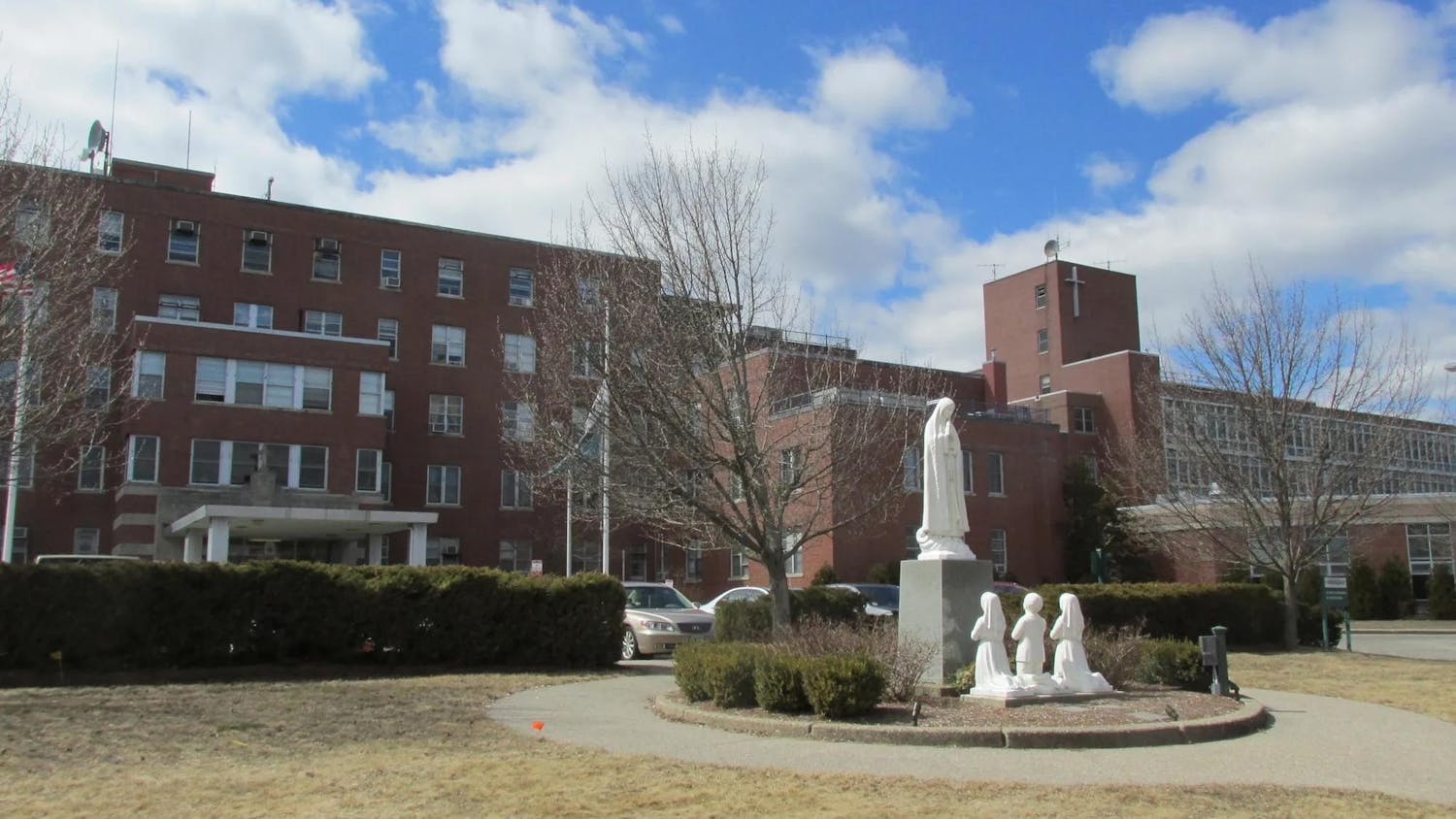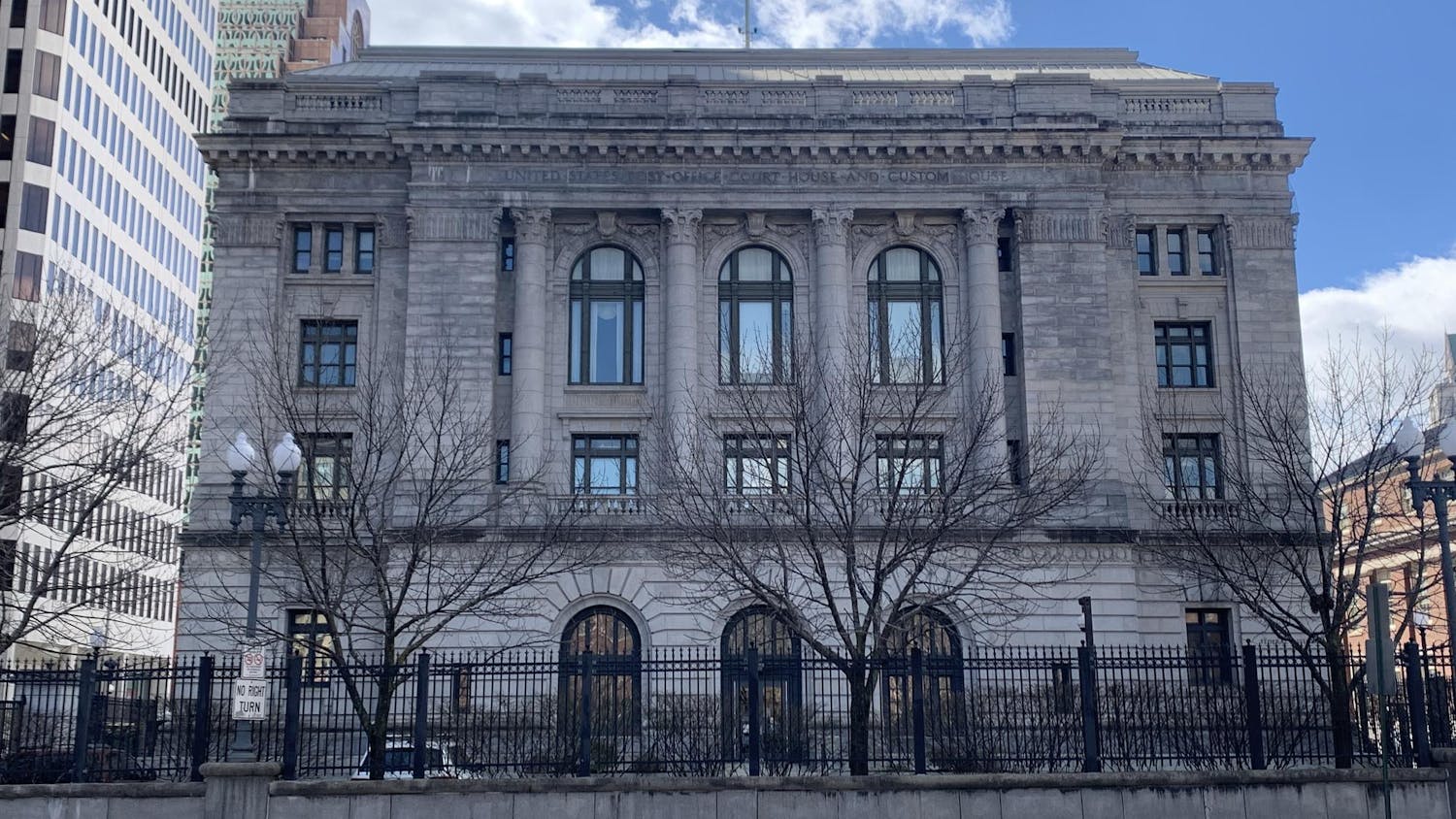In a time of unprecedented national change, Rhode Island sex workers are calling on state legislators to critically re-examine laws surrounding commercial sexual activity, namely the criminalization of sex work.
Despite limits on the legality of sex work codified across state law, advocates point toward an unlikely justification for change: the Ocean State’s own history.
In 1976, Call Off Your Old Tired Ethics RI, a sex workers’ rights advocacy organization, filed a lawsuit against the Attorney General of Rhode Island and the Chief of Police of the City of Providence, arguing that their prohibition of prostitution and other “lewd and indecent acts” was unconstitutional.
Around the same time, public outcry grew regarding the prominence of street-based sex workers in western Providence. In response, the Rhode Island General Assembly pushed to prevent street solicitation in May 1980 by reducing the solicitation of prostitution from a felony to a misdemeanor, hoping it would quicken the legal process and allow for faster arrests.
COYOTE RI’s lawsuit seemed to weigh in state legislators’ minds. While making the amendment, they decided to also revisit language that left room for discrepancy in constitutional interpretation.
Bearing all of this in mind, the General Assembly took out phrases referring to an “act of prostitution or any other indecent act” from state laws, instead prohibiting street-based sex work and certain “preliminary or preparatory activities.”
But the laws left a loophole: Only street-based sex work was forbidden. Prior to the advent of the Internet and the rise of sexual massage parlors, this unintentionally created a de facto decriminalization of indoor sex work on the cusp of its popularization. When a 2003 district judge ruled in favor of massage parlor employees engaging in sex work because the indoor nature of their services did not violate state laws, she effectively decriminalized indoor sex work.
Thus, from 2003 to 2009, Rhode Island experienced a period of unprecedented legality of the sex industry before its subsequent re-criminalization by Governor Donald Carcieri. A 2017 study shows that this period of decriminalization saw significant reductions in reported sexual violence and transmission of sexually-transmitted diseases.
Pointing to the historical impact of the past decriminalization of the sex industry within Rhode Island’s borders, sex workers’ rights advocates now seek change in current state laws.
Introduced Jan. 29, Rhode Island House Resolution 5250 recommends the creation of a committee including state politicians and community members to research and analyze the effects of decriminalizing sex work, especially on “women, transgender individuals and people of color.” The resolution would also call on the committee to use its findings to reexamine state laws.
Community activists widely regard the criminalization of the sex industry as something that both endangers and harms sex workers.
Bella Robinson, executive director of COYOTE RI, said that many sex workers in Rhode Island are not officially employed because their forms of labor have been pushed underground. This meant that, amid a pandemic, many sex workers were unofficially employed and therefore left unable to access federal aid or unemployment benefits, relying largely on community support.
Additionally, Robinson found that members of the industry faced discrimination in obtaining housing, as well as newfound difficulties from landlords. Due to their limited ability to do sex work during the pandemic, sex workers need landlords to “be willing to let (them) be months late with rent,” she said. But this generally does not happen. “Why would a landlord do that, right?” she asked.
Claire Macon, youth outreach worker at House of Hope CDC, an organization that supports community members experiencing homelessness, has seen the challenges sex workers face in housing firsthand.
“Sex workers are discriminated against in housing, and that’s just point-blank, period,” she said. “Stigma and criminalization are some of the biggest difficulties for people who are experiencing homelessness and also engaging in sex work.”
“A lot of people who are currently homeless and engaging in sex work are doing sex work classified … as ‘survival sex work,’” she added. This includes “doing sex work in exchange for housing.”
Even in a housing shelter, Robinson recalled a sex worker who came to her organization having been told that she “might want to find somewhere else to go because (her) presence (was) upsetting the other women.”
Robinson also emphasized that the criminalization of sex work is a present-day issue, as the policing of the sex industry continues to hurt vulnerable populations across the state.
And Providence is no stranger to policing sex work.
In 2018, three employees of Foxy Lady, a local strip club, were arrested for solicitation of prostitution in an undercover operation by city intelligence and narcotics officers. This led to the revocation of the club’s entertainment and liquor licenses by the City of Providence’s Board of Licenses — an unprecedented decision that indefinitely put more than 250 employees out of work.
The move drew staunch criticism from civil rights advocates. Despite decades of serving the Rhode Island community, the club had never been called before the Board for failure to comply with licensing laws.
Moreover, the decision came before the workers arrested had been convicted, leaving Foxy Lady and those who depended on it with nowhere to turn before trials had even been completed.
“It was a kind of extraordinary step in that there really wasn’t a long process to get there,” said Hannah Stern, policy associate at the American Civil Liberties Union of Rhode Island.
“They really did this without any direct evidence to support the conclusion that the owners of the Foxy Lady had created an environment that was fostering the solicitation of prostitution,” she added.
The operation began after a female employee at Foxy Lady came to police reporting her sexual assault by a customer. Officers’ decision to use her report as grounds for an investigation drew further admonishment from the ACLU, which claimed the officers had targeted vulnerable women “all under the guise of ‘protecting’” them, according to a 2018 blog post on the ACLU of RI website.
“Thanks to the police and the Board of Licenses, it’s women who have borne the brunt of the punishment,” the ACLU of RI wrote.
The action taken also “showed an escalation that was unheard of for so many other incidents that had happened in so many other nightclubs across the state,” Stern said.
In support of Foxy Lady, the ACLU voiced these concerns in an amicus curiae brief, in which a person outside a case provides information or expertise related to the case’s issues, used at the discretion of the court.
Withstanding efforts from Providence Mayor Jorge Elorza to make the club’s closure permanent, Foxy Lady’s licenses were reinstated by the R.I. Supreme Court in a settlement with the city due to a lack of evidence for managerial involvement in solicitation.
Additionally, one of the employees charged with prostitution was ultimately found not guilty — only after having her name and mugshot published in local newspapers.
Providence’s policing of the sex industry does not end here, occurring as recently as this past year despite the dire financial and public health conditions of the pandemic.
In 2020, undercover detectives alleged that two dancers at Wild Zebra Gentlemen’s Club offered to have sex with them in exchange for money, with one offering them cocaine. This led to the arrest of one dancer on prostitution and drug charges, as well as a city ordinance effectively closing the club.
Yet lawmakers’ assertion that the club was an immediate threat to public safety proved incongruent with a six-month delay in the initiation of trial hearings following investigations. A federal judge overturned the local ordinance as a result and barred the city from revoking the club’s licenses.
According to Robinson, the policing Providence clubs face is unwarranted. “If someone gets arrested at Dunkin’ Donuts for soliciting, no one tries to shut down Dunkin’ Donuts,” she said.
“While we do know that some dancers try to perform sexual services, that doesn’t mean they all do,” she said. “You don’t get to put three hundred dancers and five hundred staff people out of work because of the actions of one bad actor.”
“There’s also kind of a compounding issue where, in the middle of a pandemic, when we’re already having a problem (of COVID-19 spreading within) our state prison and our state jails … (officials are) arresting more people,” Stern said.
On Feb. 25, General Assembly members recommended Resolution 5250 be held for further study, a move that will, at minimum, delay its implementation.
Still, it marks just one example of the legislative change sex workers’ rights advocates are currently fighting for. A second bill seeks to make it a felony for officers to have sex with people detained or in police custody. Another aims to provide sex workers immunity from prosecution when they report or provide witness testimony to a crime that may implicate them in engaging in prohibited commercial sexual activity.
Together, these initiatives contribute to a broader dialogue concerning the decriminalization of sex work — a change advocates argue will make the industry safer.
“From the ACLU’s perspective, we have long opposed laws criminalizing sexual activity between consenting adults,” Stern said “So, we think that it’s extremely worthwhile for our state government to critically reexamine these laws.”
The issues sex workers have faced since the onset of the pandemic, she added, show that it “is a great time to … consider decriminalizing sex work again and permanently within Rhode Island’s general laws.”

Jack Walker served as senior editor of multimedia, social media and post- magazine for The Herald’s 132nd Editorial Board. Jack is an archaeology and literary arts concentrator from Thurmont, Maryland who previously covered the Grad School and staff and student labor beats.





